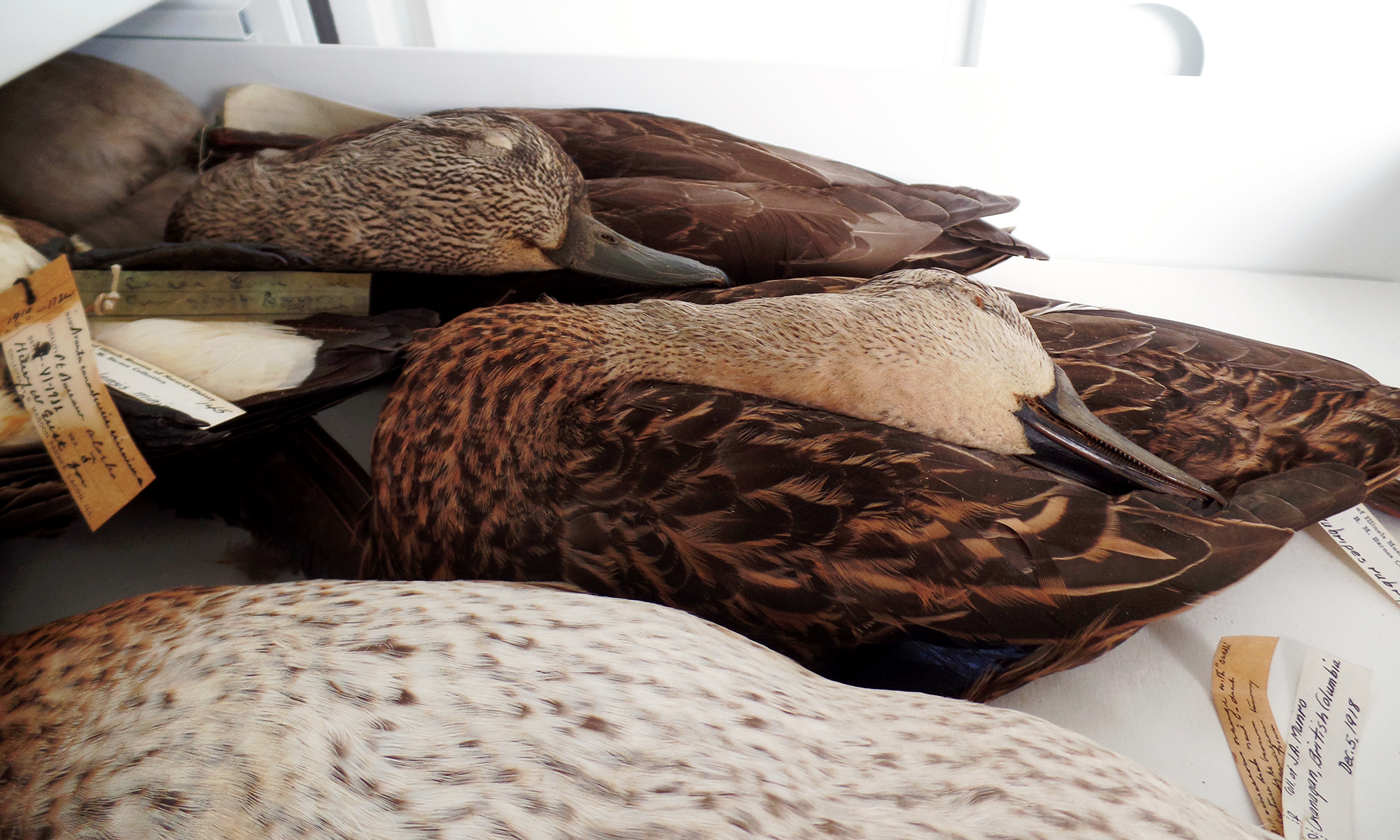Ornithology is a zoological science that studies those creatures belonging to the Class Aves, much better known as birds. Birds, the only vertebrates that have feathers, are generally divided into two major groups. Ostriches, emus, and kiwis are ratites, birds that lack that conspicuous keel-like extension on the breast bone and lack the ability to fly. The vast majority of the birds, however, are non-ratites and possess the keel to which the powerful muscles that power the wings are attached. All-in-all, there are over 9,200 extant species of birds divided into 30 orders and 174 families. Their ability to fly has allowed them to colonize every land mass on earth including the Arctic and Antarctic and some, like the penguins, have adapted an aquatic lifestyle coming to shore only to breed and raise young.
Fossil evidence of the ancestors of modern birds indicates that they were contemporaneous with dinosaurs. Indeed, evidence is mounting that these feathered creatures are in fact the highly evolved living incarnation of the terrible lizards. This long evolutionary history has allowed for the development of the many unique morphological, physical and behavioral attributes in birds that make the science of ornithology such an interesting vocation.

